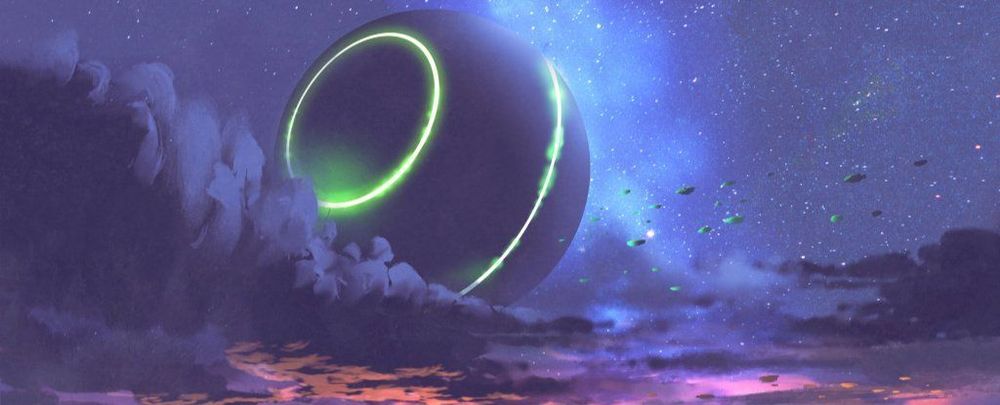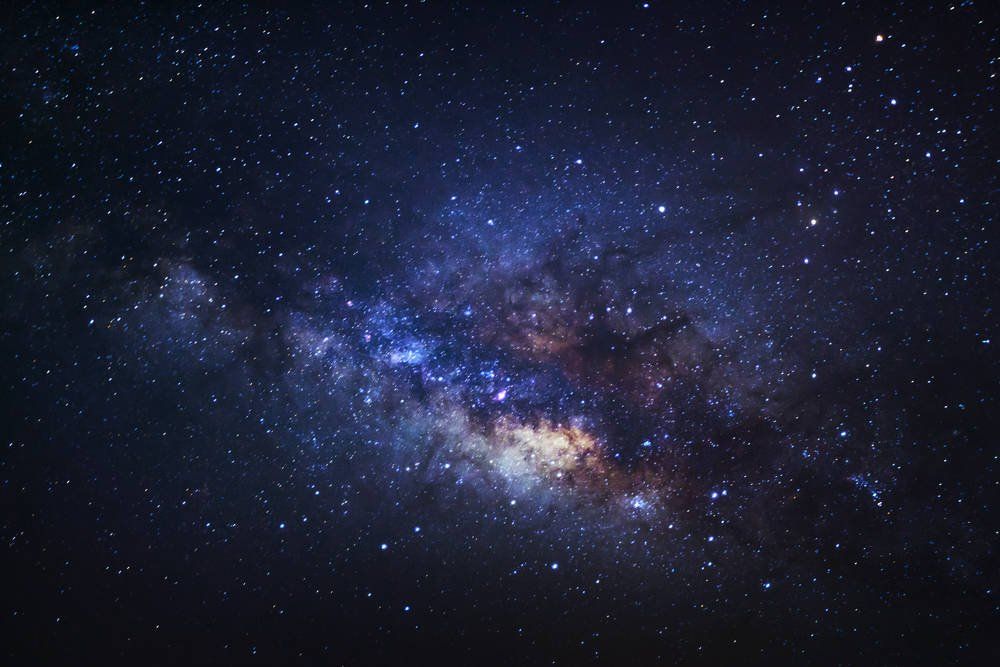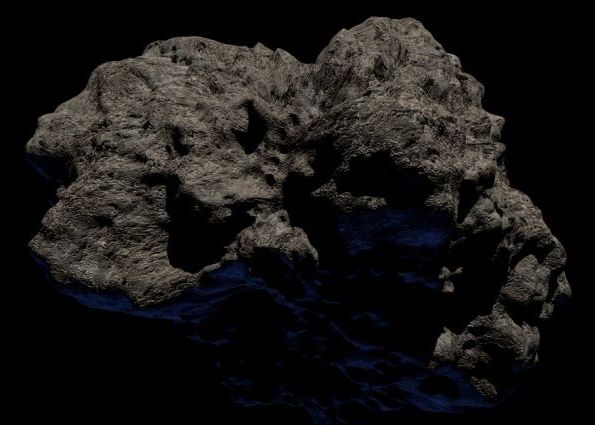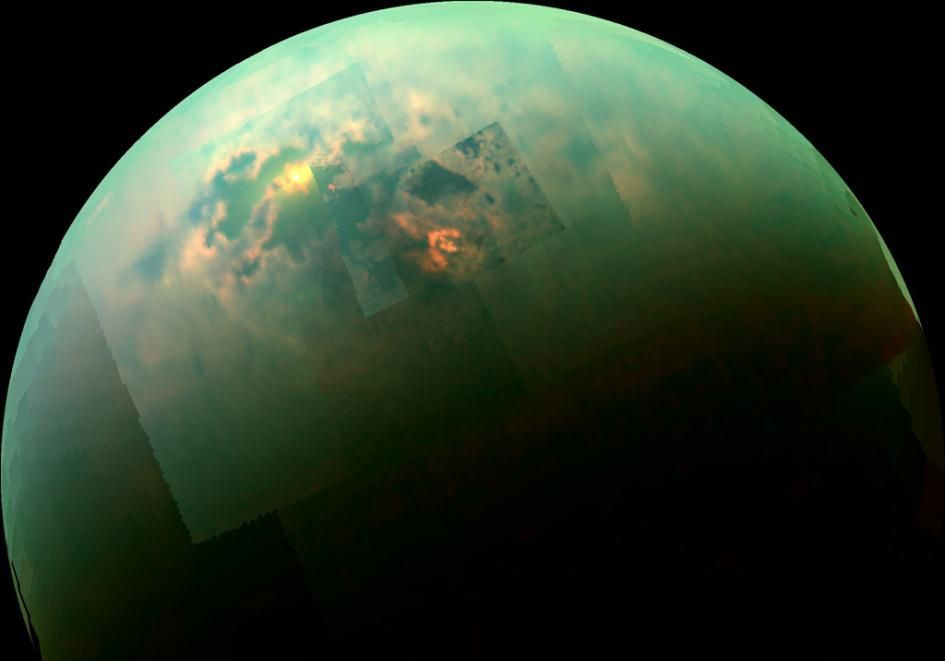||The formation of a black hole triggers the formation of a new Universe||
How the heck would it do that? A black hole is nothing but intense gravity. How could it create anything, least of all a brand new Universe? Also assumes that each Universe is governed by the same regularities so that black hole formation is possible. But if the regularities (“laws”) are the same, then the fundamental constants will be the same!
Load of fanciful poppycock.
Thanks to Brilliant for supporting PBS.
What if every single black hole that formed in our universe sparked the big bang of a new universe? Cosmological natural selection proposes exactly this — but even better, it claims to be able to test the hypothesis.





